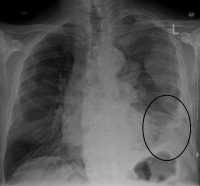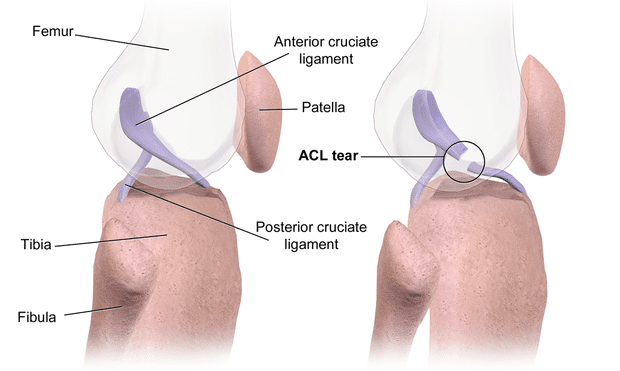Author Interviews, Cancer Research, Genetic Research, JAMA, Personalized Medicine, Vanderbilt / 18.03.2023
Prostate Cancer: Vanderbilt Study Evaluates Clinical Usefulness of Polygenic Risk Score
MedicalResearch.com Interview with:
Jonathan Mosley, MD, PhD
Associate Professor
Division of Clinical Pharmacology
Departments of Internal Medicine and Biomedical Informatics
Vanderbilt University Medical Center
MedicalResearch.com: What is the background for this study?
Response: Prostate cancer is an important source of morbidity and mortality among men. Earlier detection of disease is essential to reduce these adverse outcomes. Prostate cancer is heritable, and many single nucleotide polymorphisms (SNPs) associated with disease risk have been identified. Thus, there is considerable interest in using tools such as polygenic risk scores, which measure the burden of genetic risk variants an individual carries, to identify men at elevated risk of disease.
(more…)






























